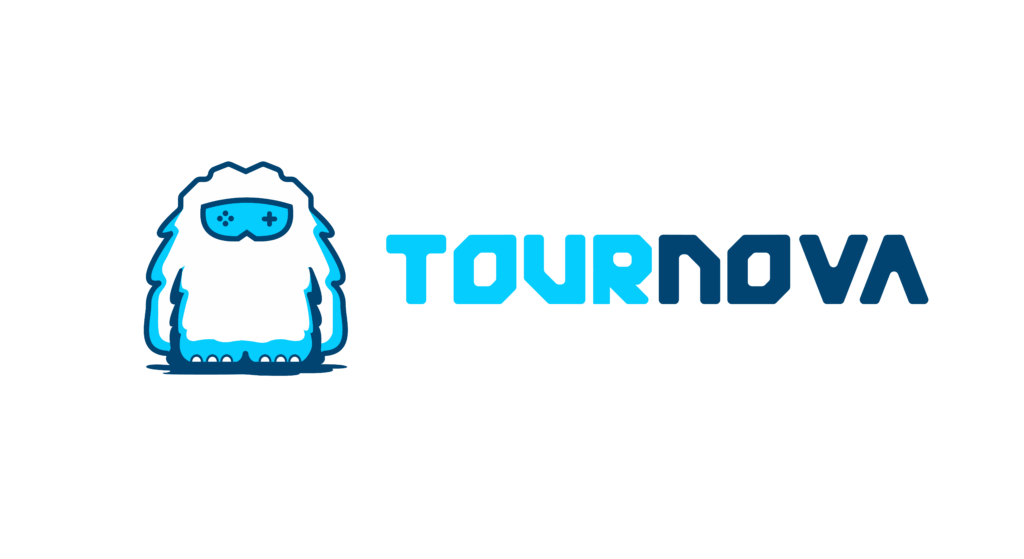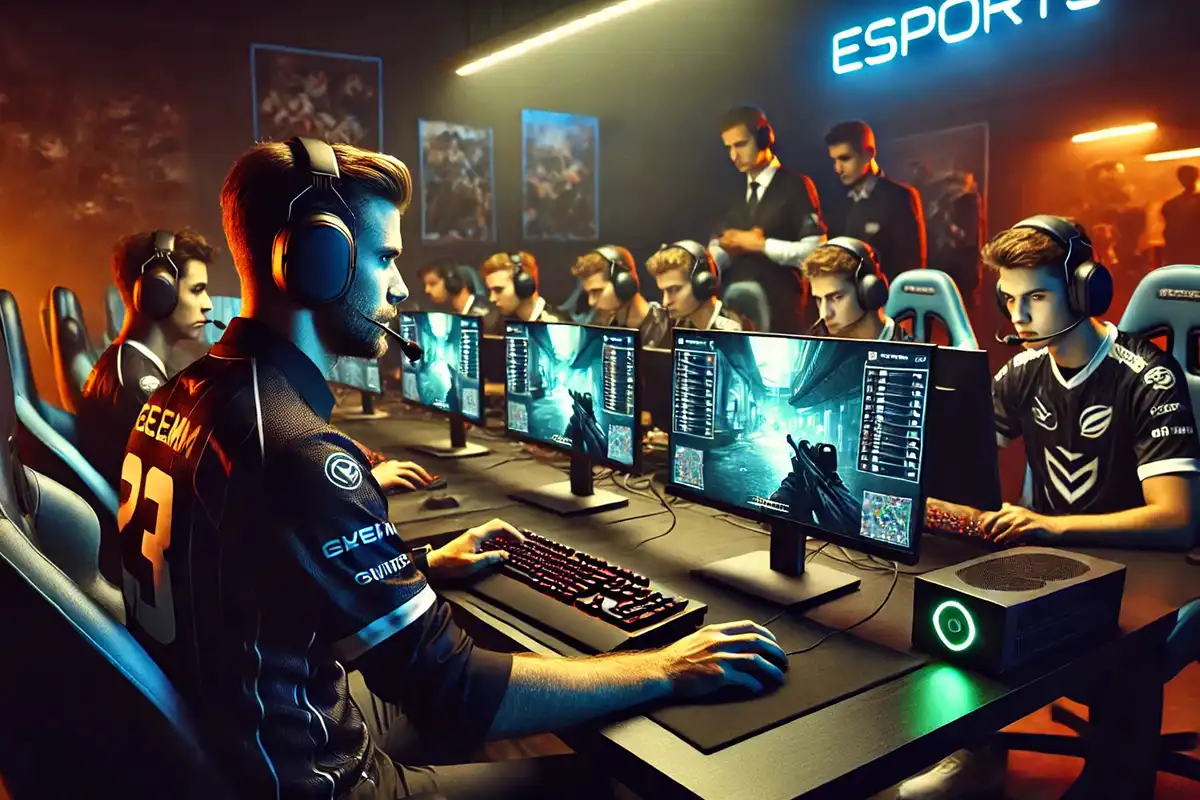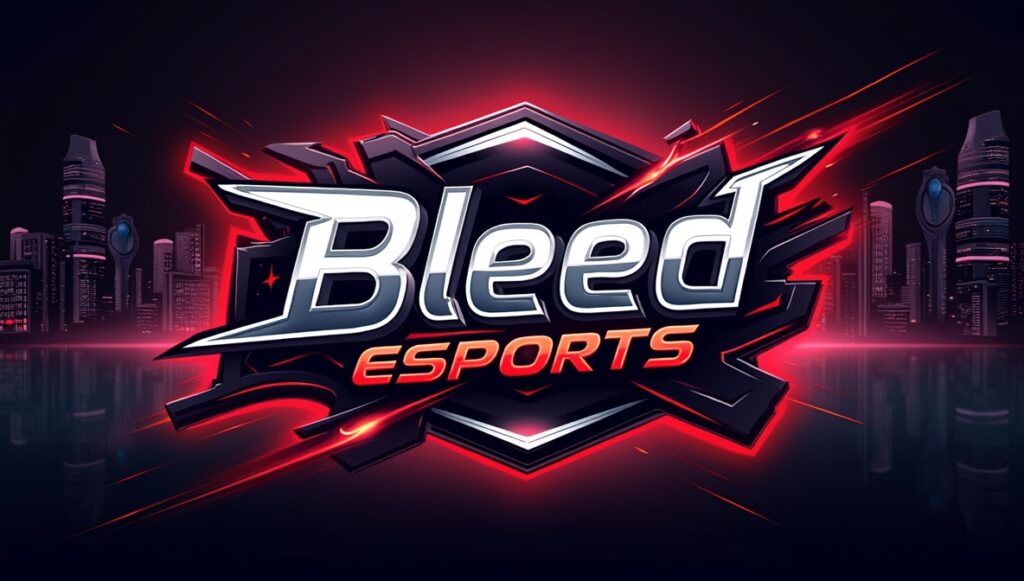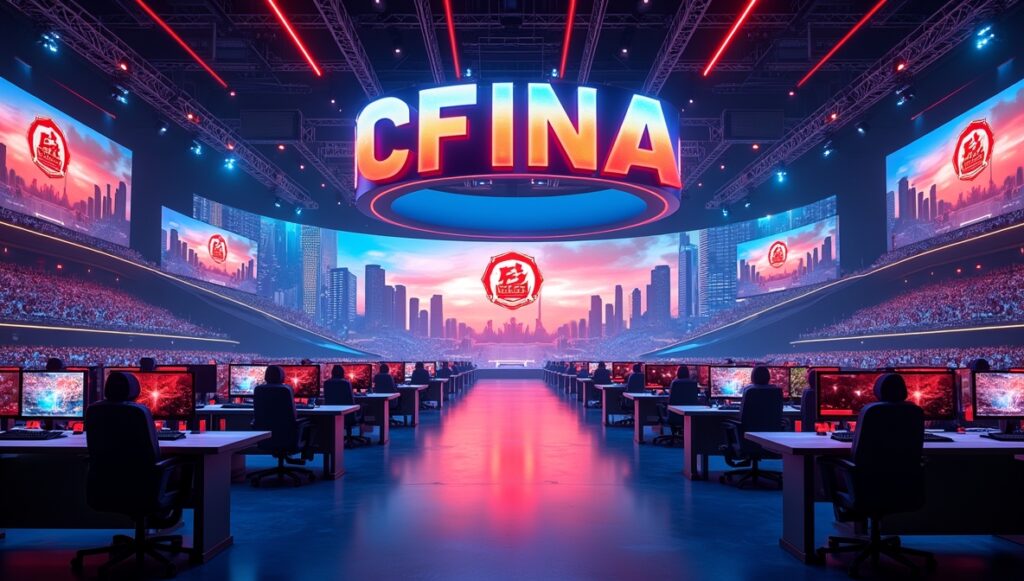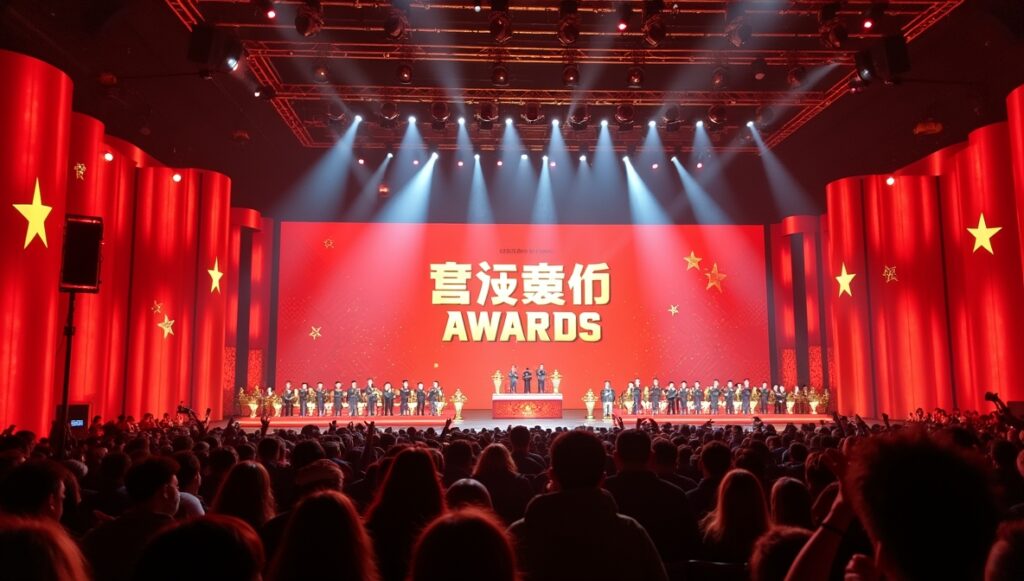Have you ever found yourself captivated by the energy of an esports tournament, wondering about the dynamics behind the scenes? While players are at the forefront, an unsung hero is orchestrating the backstage symphony—a role critical to transforming a group of talented individuals into a cohesive, winning team. The difficulty lies in understanding this pivotal role and the extensive responsibilities an esports coach shoulders. Without a clear view of what an esports coach does, one might underestimate their impact on a team’s success, leading to misconceived evaluations of a team’s performance. Esports coaches navigate a complex landscape of strategies, psychology, and team dynamics, much like their counterparts in traditional sports. Their role extends beyond mere gameplay, incorporating mentorship, strategic planning, and performance analysis.
This article will demystify the myriad responsibilities of an esports coach, providing clarity and insights into their vital contributions to esports success. As we delve deeper, you’ll uncover how these coaches drive teams to peak performance and what it truly takes to master this multifaceted role.
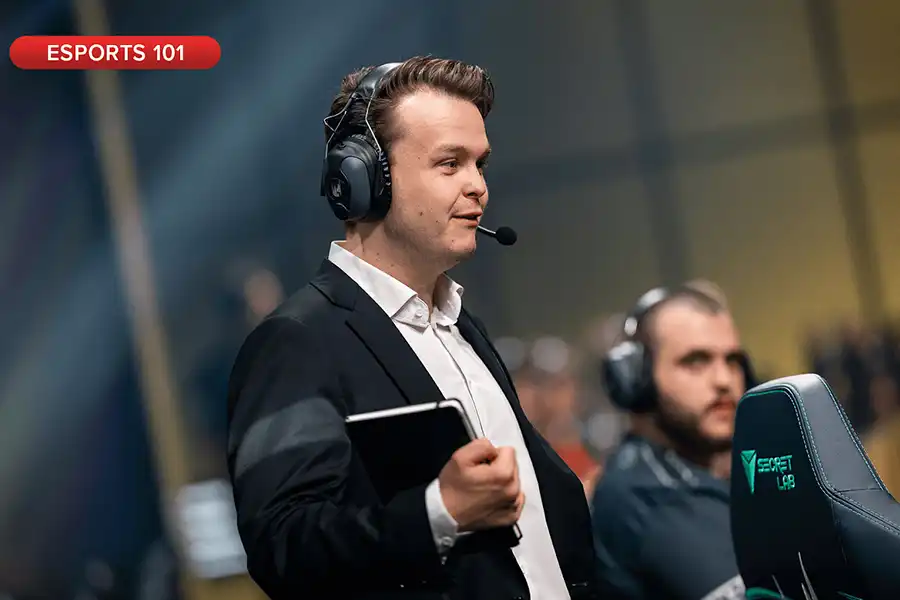
esports coach’s responsibilities
The Role of an Esports Coach
In the esports arena, a coach’s primary task is to enhance team performance, lending a competitive edge that spells the difference between victory and defeat. Coaches mentor players, helping to refine their skills and foster teamwork through targeted practice and psychological support. Much like a game of Chess, they strategize tirelessly, crafting plans and counter-strategies that steer teams toward success in both practice and high-stakes matches.
Consider a scenario where a League of Legends team faces a formidable adversary. Here, the coach’s strategy involves not just selecting champions but synchronizing attacks, anticipating enemy moves, and capitalizing on split-second opportunities. It’s a delicate balancing act of guidance and autonomy, where every decision counts.
Key Responsibilities of an Esports Coach
In the fast-paced world of esports, an esports coach’s responsibilities are pivotal to steering their team towards success. Let’s dive deeper into these crucial roles:
- Developing Strategies: At the heart of every successful esports team lies a strategy that aligns with the collective strengths of its players. The esports coach is the mastermind behind these game plans, meticulously analyzing both their team’s capabilities and the opponents’ vulnerabilities. This process involves studying previous matches, understanding game mechanics, and anticipating opponent tactics to formulate strategies that give their team a competitive edge. For instance, in a game like Dota 2, a coach might focus on drafting heroes that counter the opposing team’s strengths while leveraging their own team’s skills to dominate specific phases of the game.
- Organizing Practice Sessions: Efficient practice is fundamental to honing skills. Coaches must not only schedule these sessions but also tailor them to address specific weaknesses while simulating real match conditions. This might involve organizing scrimmages against other teams or running drills that focus on improving specific aspects such as communication or reaction times. For example, a Counter-Strike: Global Offensive coach might conduct sessions focusing exclusively on map control and economy management, critical elements for mastering the game.
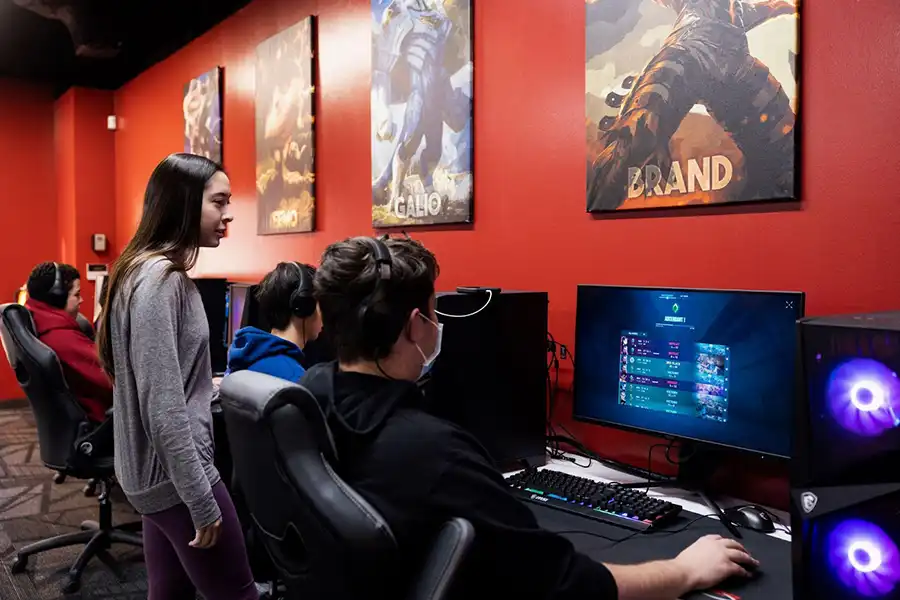
- Player Analysis: Esports coaches dedicate significant time to player analysis, conducting detailed reviews through video replays and performance metrics. This analysis helps in identifying individual player’s strengths and weaknesses as well as the overall team dynamics. By pinpointing areas for improvement, coaches can implement targeted interventions, such as individual training regimes or adjusting team strategies to exploit particular strengths, akin to tailoring roles based on heroes or champions in games like Overwatch or League of Legends.
- Match Preparation: Preparing for matches requires more than just understanding one’s team and an esports coach’s responsibilities. Coaches dive into the data about opponents, analyzing their gameplay patterns, strategies, and even player tendencies. This scouting is essential for anticipating strategies and devising countermeasures tailored to exploit opponent vulnerabilities. It’s about giving the team psychological and tactical tools to expect the unexpected during a match.
- Team Building: Beyond technical skills, building a team that works well together is crucial. Coaches play a central role in nurturing team spirit, encouraging open communication, and resolving conflicts whenever they arise. They often act as mediators, ensuring that all players are aligned with the team’s goals and fostering an inclusive environment where each player feels valued. This kind of cohesion can significantly enhance performance, particularly in high-pressure tournament settings.
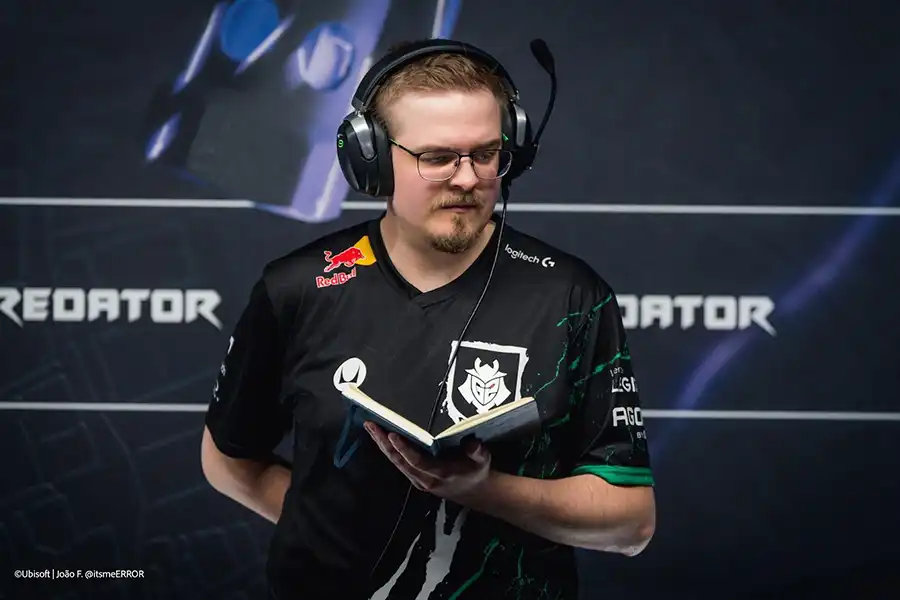
Specialized Roles in Esports Coaching
As esports grow and evolve, so do the roles within the coaching domain, each specializing in different aspects of player and team development:
- Performance Coach: This role is akin to a wellness coach, emphasizing the holistic well-being of players. Performance coaches focus on players’ mental and physical states, addressing aspects like stress management, sleep patterns, and nutrition. They might introduce ergonomic assessments to optimize players’ workspaces, helping prevent strain from long hours at the computer. By integrating mindfulness techniques or exercise regimens, they ensure players remain physically fit and mentally sharp, which is vital in maintaining peak performance during intense competitions.
- Analyst Coach: Analyst coaches bring a data-centric approach to esports strategy. They delve deep into game data, providing actionable insights that can significantly influence team strategies. By dissecting performance metrics, such as reaction times, accuracy rates, or kill-to-death ratios, they offer evidence-based recommendations. This role is crucial for understanding the nuanced improvements needed in gameplay, often using sophisticated tools and software to visualize data trends that can be fed back into coaching strategies, enhancing both individual and team performance.
- Head Coach: As the primary authority within the coaching structure, the head coach oversees the comprehensive development of the team. In regards to the esports coach’s responsibilities, they are tasked with coordinating various elements of team management, ensuring that all other coaching roles work seamlessly together. This may involve integrating strategic insights from analyst coaches with wellness plans to performance coaches to create a balanced approach to team preparation. The head coach is also typically responsible for making executive decisions during competitions, such as making real-time tactical adjustments and managing player rotations based on ongoing match analysis.
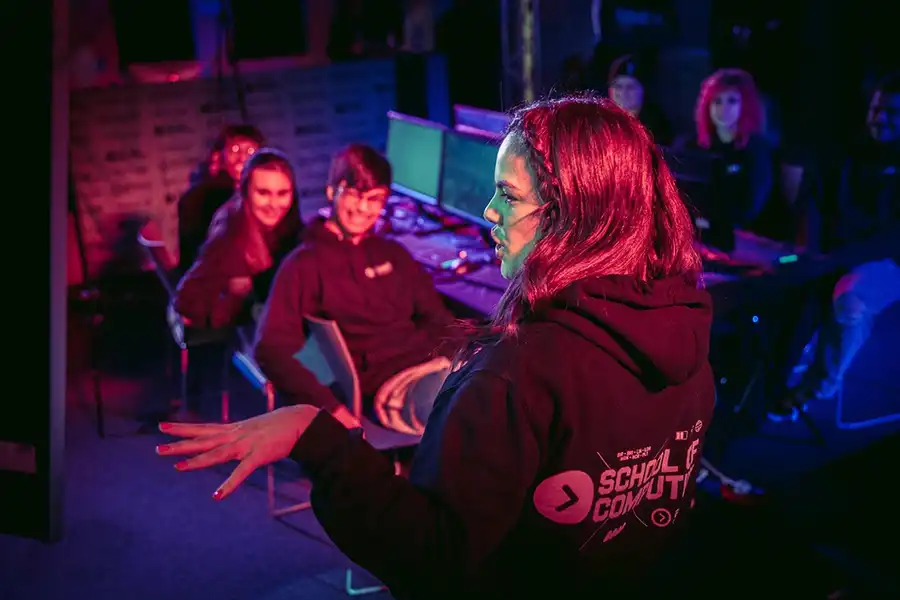
Requirements for Becoming a Coach For eSports
To be a successful esports coach, several skills need to be possessed that directly address both the mechanical strategic facets of the job and the interpersonal elements. Let’s explore these essential skills in detail while focusing on the esports coach’s responsibilities:
• Deep Knowledge of the Game: A coach is someone who knows all about the stuff that happens on the field and the meta of it. This is good knowledge that lets them devise unique strategies to build on the game’s weak spots. This includes being familiar with patch changes and being aware of how the particular changes affect the game and practices. Because of changes within the maps and abilities within games such as Valorant, having a coach with a deep understanding of the game will be able to predict how these changes affect team compositions and playstyles, putting them at an advantage.
• Communication and Leadership: Memoirs exposed that the best practice of coaching is incredibly founded on communication. That is why every coach needs to provide a high level of explanation of the strategies along with a simple straightforward explanation of the certain moves that the player can implement in the match. Discipline can be demonstrated as closely related to leadership, as a proper trainer must be able to motivate and communicate within a team.
For example, a coach must select players to follow discipline and hence earn their respect, which is important for creating united players. It also means being able to listen, in order to understand and then solve the worries and suggestions the players may have towards the general strategy of coaching.
• Analytical Thinking: As the footage of esports matches is stuffed with information, the possession of analytical thinking is vital in this field. Coaches have to break down video replays, study numerical information, and learn patterns that can be used by a team to their benefit. It helps them to come up with the right policy regarding the players, positions, and activities during the tournament. For instance, analyzing heatmaps in a game like CS:GO can be used to obtain crucial information about enemies’ presence on the field and create positioning that will be beneficial for map control at the same time.
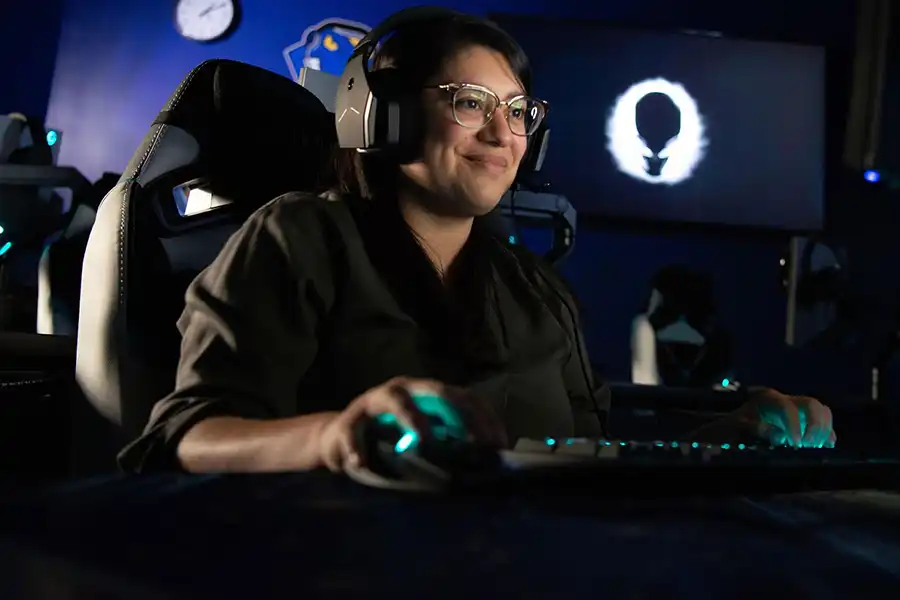
- Patience and Adaptability: Given the intense and diverse nature of esports teams, patience is key when dealing with a spectrum of player personalities and developmental stages. Coaches must provide consistent guidance and feedback while allowing space for individual player growth. Adaptability is equally important; the dynamic nature of esports will often bring unforeseen challenges during matches or shifts within the team. A coach who can pivot strategies quickly in response to in-game developments or changes in player availability will keep their team on track toward their goals.
The Impact of an Esports Coach on a Team’s Success
Coaches can indeed make or break a team’s performance. Teams under exceptional coaches often show radical transformations, achieving new heights in global rankings. For instance, teams within the Overwatch League have seen dramatic improvements under strategic, dynamic coaching. The emphasis on teamwork and morale that a good coach fosters not only enhances gameplay but also ensures the longevity of success, driving players to deliver their best consistently.
Read more: How to Become an Esports Caster
Career Pathways in Esports Coaching
The field of esports coaching offers various career trajectories, each with its unique challenges and rewards:
Professional Team Coaching
For those seeking the thrill of top-tier competition, coaching professional teams is a compelling pathway. These coaches are at the forefront, guiding high-profile teams through international tournaments and leagues. They work closely with the best talent in the industry, driving strategic direction and personal growth. Coaches in this role, such as those in the League of Legends Championship Series (LCS), must navigate high-pressure environments, making split-second decisions that could secure victory on the global stage.
Freelance Coaching
Offering flexibility and diversity, freelance coaching allows coaches to work with individual players or smaller groups across different settings. This path is ideal for those who wish to diversify their experience by coaching various games rather than focusing solely on one. Freelance coaches often provide specialized training sessions tailored to the unique needs of players considering the esports coach’s responsibilities, helping them refine specific skills or prepare for particular events. This role offers a great deal of autonomy and can often be done remotely, catering to a wider client base.
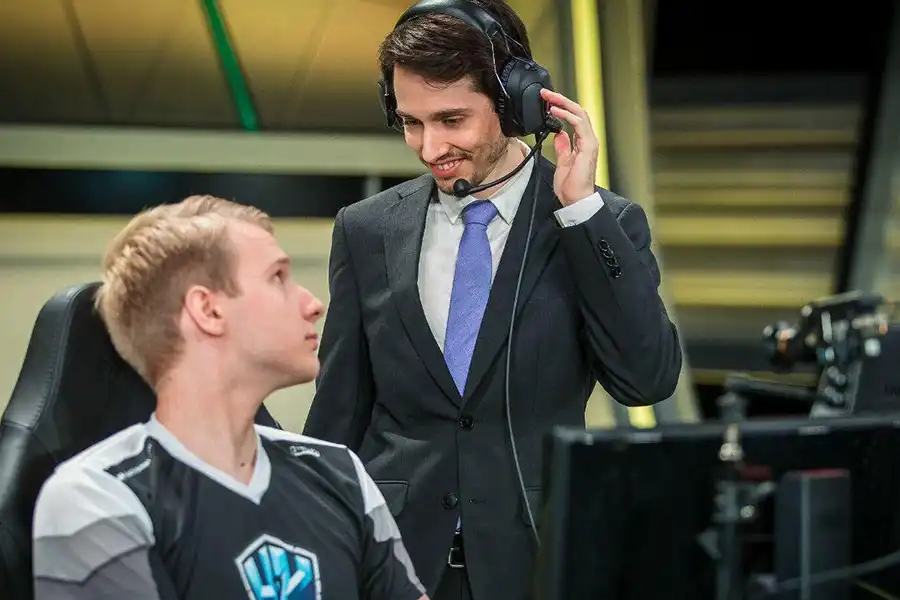
Transitioning into Management
With their deep understanding of team dynamics and player development, many experienced coaches transition into managerial or talent development roles. In these positions, they apply their insights to broader organizational goals, focusing on scouting and nurturing upcoming talent, or overseeing team logistics and operations. This career shift often involves moving beyond the direct coaching role to influence the strategic development of multiple teams or managing an organization’s coaching staff, contributing to long-term success across the esports world.
Tournova Provides Everything an eSports Coach Needs
Tournova positions itself as an essential tool for the modern esports ecosystem, offering platforms on Telegram and Discord that redefine competitive engagement. By leveraging a sophisticated token economy, it empowers both casual and competitive players with innovative opportunities to partake in tournaments and marketplaces. Tournova facilitates seamless tournament management through Web3 capabilities, streamlining everything from player matching to prize distribution. For esports coaches, this means a richer, more interactive environment in which to assess team dynamics and implement strategies in real-time competitive contexts. Tournova’s integration provides a comprehensive, user-friendly venue for both players and coaches to thrive, enhancing the overall esports experience through cutting-edge technology and community engagement.
Conclusion
In conclusion, the esports coach’s responsibilities are a multifaceted and dynamic role that significantly impacts team success in the competitive gaming world. By delving into the diverse responsibilities of an esports coach, we gain a deeper appreciation for their strategic foresight, mentorship, and team-building acumen. Whether it’s developing game-winning strategies, organizing effective practice sessions, or fostering a cohesive team environment, coaches are integral to transforming individual talents into unified champions. The role requires a blend of game knowledge, leadership skills, and adaptability, reflecting the unique challenges of the esports landscape. Furthermore, specialized roles such as performance and analyst coaches highlight the evolving nature of this profession, ensuring that both player well-being and tactical prowess are prioritized.
For those considering a career in esports coaching, numerous pathways offer exciting opportunities to influence high-profile competitions, provide freelance expertise, or transition into management roles. As the esports industry continues to grow, the influence of skilled coaches will undoubtedly shape the future of competitive gaming, driving teams to greater heights and securing their place in the global esports arena. This exploration of the esports coaching world not only informs but also celebrates the strategic architects behind the exhilarating spectacle of esports.
FAQ
How do esports coaches stay updated with the constantly changing game metas?
To stay updated, coaches continually engage with community discussions, patch notes, and professional matches. This constant learning process helps them adapt strategies to current game dynamics effectively.
Do esports coaches receive any formal training or certification?
While formal training opportunities are limited, some organizations offer workshops and courses. Coaches often rely on personal experience, mentorship from seasoned professionals, and self-directed learning to develop their skills.
How does an esports coach handle conflicts within a team?
Coaches typically resolve conflicts by facilitating open communication, mediating discussions to understand different perspectives, and reminding players of shared goals and team unity.
Through the intricate dynamics and strategic prowess of an esports coach, teams not only function but thrive in the competitive world of esports. Discovering these pathways and responsibilities sheds light on how pivotal this role is in shaping esports champions.
